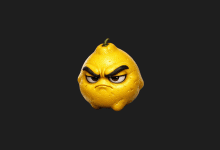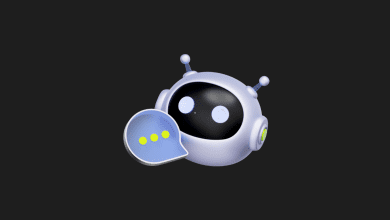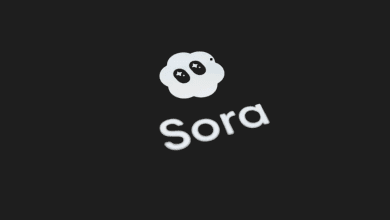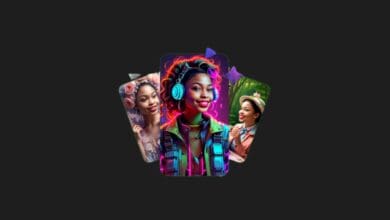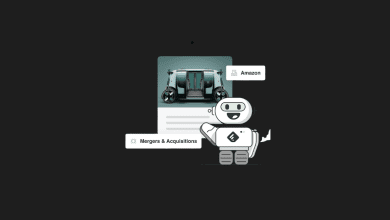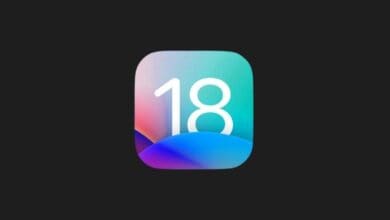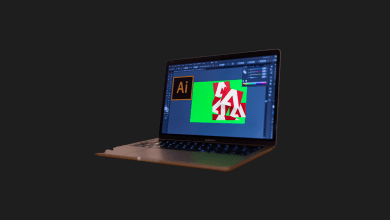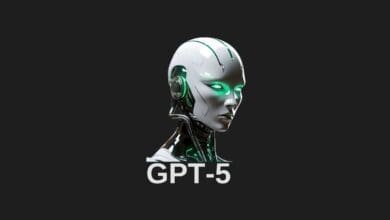A Book Was Written with the Help of Artificial Intelligence
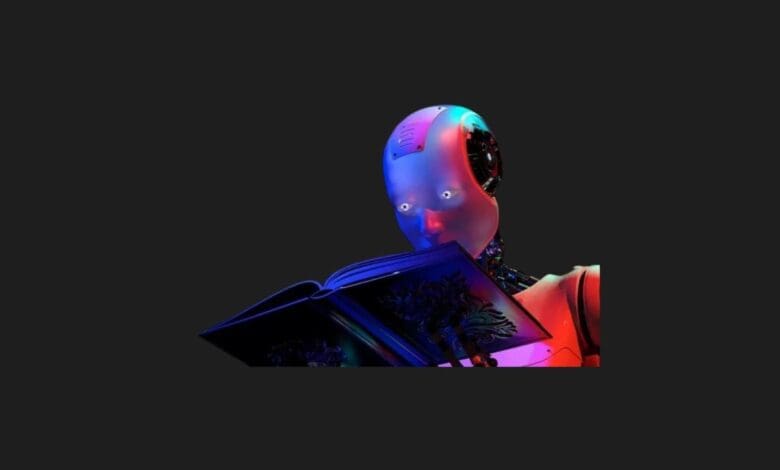
Recently, artificial intelligence reached a new milestone by influencing copyright attribution to authors. Initially, the Copyright Office denied such a request, but the stance has since changed.
Elisa Shupe, a 60-year-old retired U.S. Army veteran, successfully registered a copyright for her self-published novel, which she extensively created using OpenAI’s ChatGPT. Her application aimed to challenge and ultimately change the U.S. Copyright Office’s policy, which typically requires copyright holders to exclude works generated by machines. This development has ignited significant debate.
Copyright revealed by artificial intelligence text
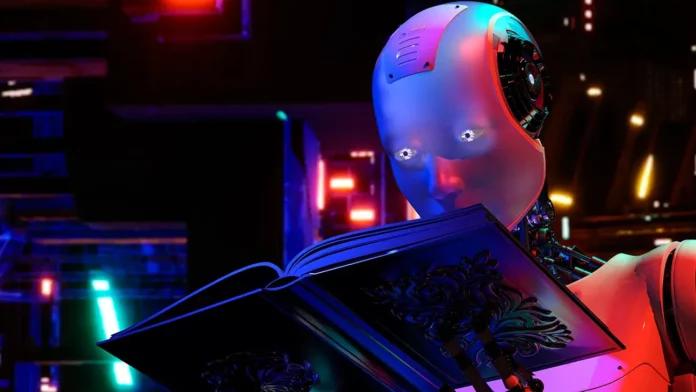
Recently, artificial intelligence made a significant breakthrough in the field of copyright law. Elisa Shupe, a 60-year-old retired U.S. Army veteran, utilized AI, specifically OpenAI’s ChatGPT, to assist in writing her self-published novel. The book, which draws from her eventful life and advocacy for more inclusive gender recognition, became one of the first creative works to receive a copyright for the “selection, coordination, and editing of AI-generated text.”
This development has sparked a complex debate. According to intellectual property attorney Erica Van Loon, a partner at Nixon Peabody, “We see the Copyright Office scrambling over where to draw the line.” Shupe’s case highlights the nuanced challenges the U.S. Copyright Office (USCO) faces with AI, especially as AI tools become more integrated into creative work. The USCO’s decision grants Shupe copyright for editing AI-generated text, allowing no one to copy the book without permission. However, it does not recognize her as the author of the text itself, meaning the specific sentences and paragraphs are not protected under copyright and could theoretically be re-edited and published as a different book.
The USCO backdated the copyright registration to October 10, the date Shupe attempted to register her work. She declined to comment further on this story. Agency spokeswoman Nora Scheland stated, “The Copyright Office does not comment on specific copyright registrations or pending registration applications.” This situation aligns with President Biden’s executive order from last fall, which directed the U.S. Patent and Trademark Office to consult with the Copyright Office on issues concerning AI and copyright, including “the scope of protection for works produced using artificial intelligence.”
Though Shupe’s copyright registration is limited, her initial application sought broader recognition for AI-generated materials, arguing for an ADA exemption due to her disabilities. Shupe, who is rated 100 percent disabled by the ministry and struggles with writing due to cognitive impairments from conditions like bipolar disorder, borderline personality disorder, and brainstem malformation, firmly believes that she could only complete her book with the help of generative AI tools.
What are your thoughts on this development? Feel free to share your opinion in the comments!


